
NBC
Featured Show:
Startime
Startime is an anthology show of drama, comedy, and variety, and was one of the first American television shows broadcast in color. The program was aired Tuesday nights in the United States on the NBC Television network in the 1959-60 television season.
NBC TV Shows
1615 shows • Page 69 of 81
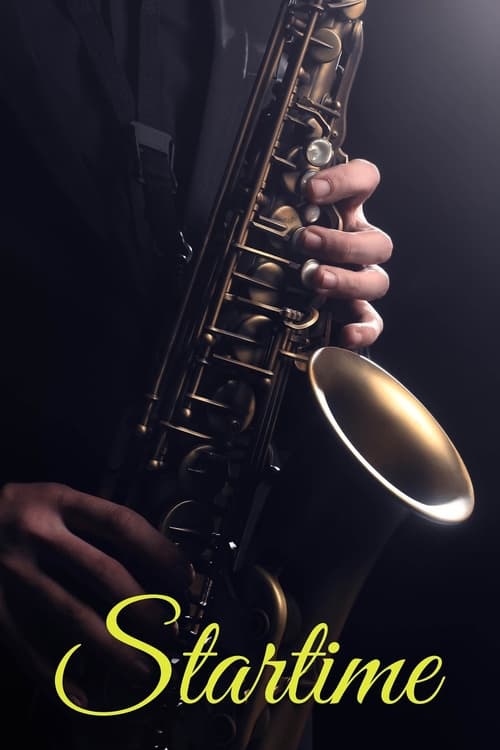
Startime
Startime is an anthology show of drama, comedy, and variety, and was one of the first American television shows broadcast in color. The program was aired Tuesday nights in the United States on the NBC Television network in the 1959-60 television season.
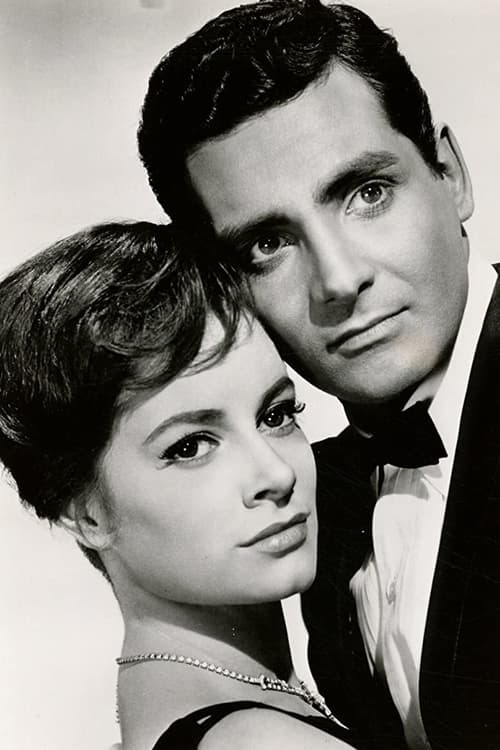 0
0Five Fingers
Five Fingers is an NBC adventure/drama series set in Europe during the Cold War loosely based on the 1952 film 5 Fingers, starring James Mason and Danielle Darrieux. It ran from October 3, 1959, to January 9, 1960. David Hedison starred as 32-year-old Victor Sebastian, an American counterintelligence officer with the code name "Five Fingers". Luciana Paluzzi played Simone Genet, Sebastian's secretary and romantic interest. Paul Burke played Robertson, Sebastian's contact man. Five Fingers itself was based on the book Operation Cicero by L.C. Moyzisch and on the memoirs of Elyesa Bazna. Bazna was something of an antihero in real life; the television series transformed the character from a World War II-era mercenary Albanian into a Cold War era heroic American. Sebastian posed as a Communist to gain information on party activities. His public cover was that of a theatrical booking agent for clubs and cafes throughout Europe.

Art Carney Special
The Art Carney Special is a comedy television series starting Art Carney as Axel Heist that aired on NBC from 1959 until 1961.
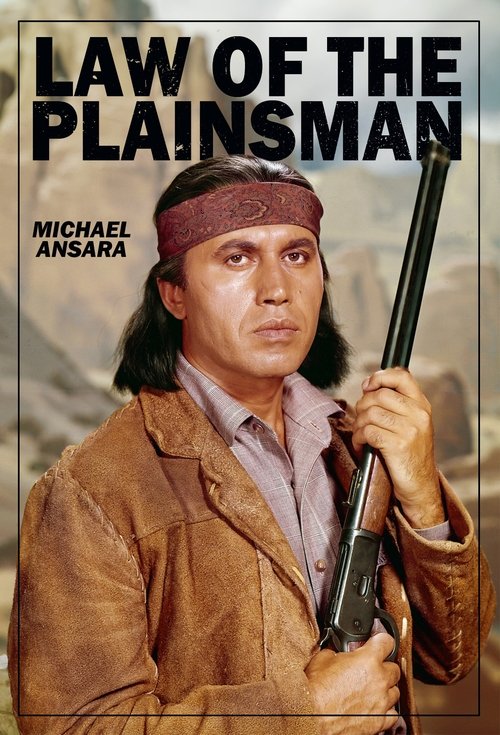
Law of the Plainsman
Law of the Plainsman is a Western television series starring Michael Ansara that aired on the NBC television network from October 1, 1959, until May 5, 1960. The character of Native American U.S. Marshal Sam Buckhart was introduced in two episodes of the popular ABC Western television series The Rifleman starring Chuck Connors as Lucas McCain. Law of the Plainsman is distinctive and unique in that it was one of the few television programs that featured a Native American as the lead character, a bold move for U.S.network television at that time. Ansara had earlier appeared in the series Broken Arrow, having portrayed the Apache chief, Cochise. Ansara, however, was not Native American but of Syrian descent. Ansara played Sam Buckhart, an Apache Indian who saved the life of a U.S. Cavalry officer after an Indian ambush. When the officer died, he left Sam money that was used for an education at private schools and Harvard University. After school, he returned to New Mexico where he became a Deputy Marshal working for Marshal Andy Morrison. He lived in a boarding house run by Martha Commager. The only other continuing character was 8-year old Tess Logan, an orphan who had been rescued by Buckhart. Robert Harland, later of Target: The Corruptors! starred in seven episodes as Deputy Billy Lordan. Wayne Rogers, who went on to star in another Four Star western, Stagecoach West, and later, M*A*S*H, also played deputy Lordan in several episodes.
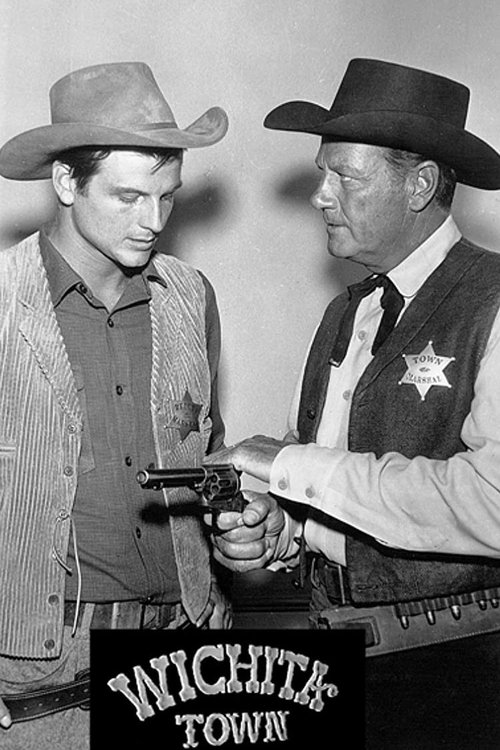
Wichita Town
Wichita Town is a half-hour western television series starring Joel McCrea, Jody McCrea, Carlos Romero, and George Neise that aired on NBC from September 30, 1959, until April 6, 1960. Joel McCrea played Marshal Mike Dunbar, in charge of keeping the peace the booming cowtown of Wichita, Kansas. His deputies were Ben Matheson, played by McCrea's real life son, Jody, and Rico Rodriquez, portrayed by Carlos Romero. Making occasional appearances were the town doctor, Nat Wyndham, the blacksmith, Aeneas MacLinahan, and the bartender in the local saloon, Joe Kingston, played in six episodes by Robert Foulk. The model for shows such as these had already been laid out by other western programs such as Gunsmoke, Lawman, and The Life and Legend of Wyatt Earp, so Wichita Town may not have been unique in its plotting and structure. The two most unusual features about the series were the presence of Joel McCrea, a favorite of Western movie audiences for his performance in such films as Union Pacific, Buffalo Bill, and Ramrod, and the fact that his real life son was in Wichita Town, but did not play his son. Wichita Town was produced by Mirisch Company and Joel McCrea's Production company for Four Star Television and aired for a single season.
 0
0Love and Marriage
Love and Marriage is an American situation comedy which aired on NBC from September 21, 1959, to January 25, 1960, starring William Demarest.
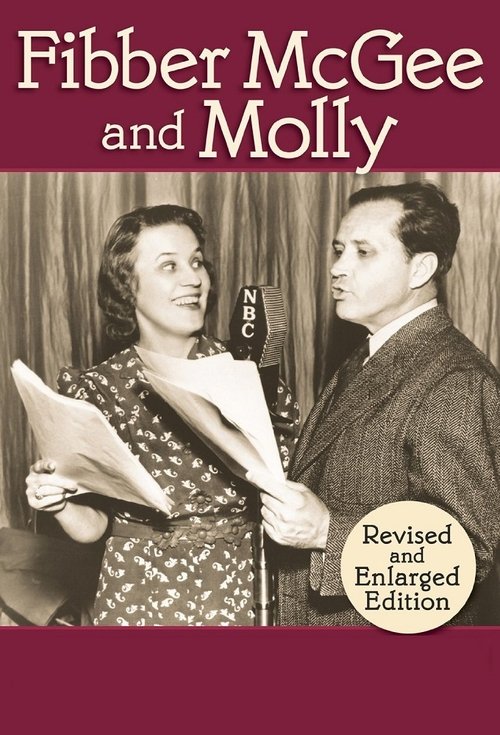
Fibber McGee & Molly
Fibber McGee and Molly was the finest husband and wife comedy team. It ran on the radio from 1935 to 1959, then switched to television in 1959.

Laramie
Laramie is an American Western television series that aired on NBC from 1959 to 1963. A Revue Studios production, the program originally starred John Smith as Slim Sherman, Robert Fuller as Jess Harper, Hoagy Carmichael as Jonesy and Robert L. Crawford, Jr., as Andy Sherman.
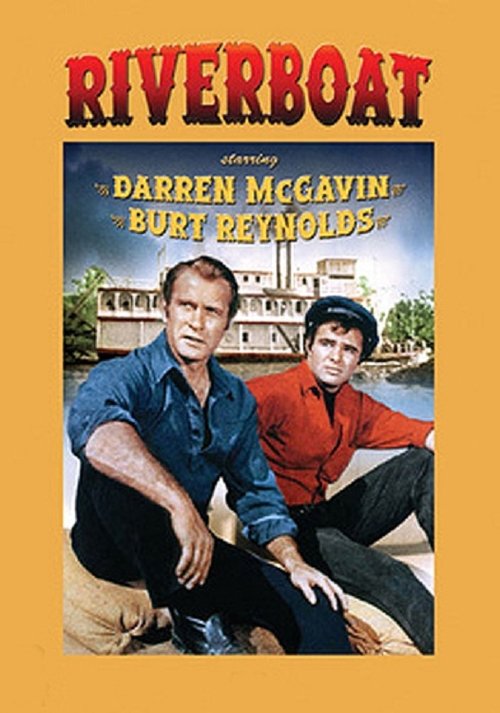
Riverboat
Riverboat is a 44-episode western television series starring Darren McGavin and Burt Reynolds broadcast on the NBC television network from September 13, 1959 until January 2, 1961. It was produced by Revue Studios.
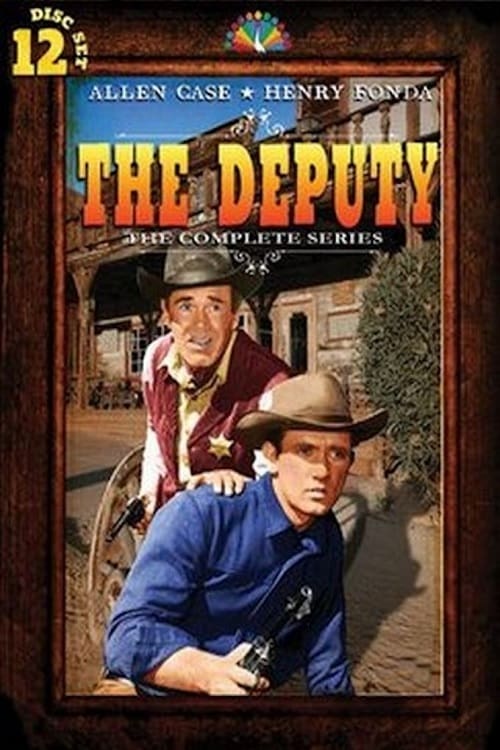
The Deputy
The Deputy is an American western series that aired on NBC from September 1959, to July 1961. The series stars Henry Fonda as Chief Marshal Simon Fry of the Arizona Territory and Allen Case as Deputy Clay McCord, a storekeeper who tried to avoid using a gun.
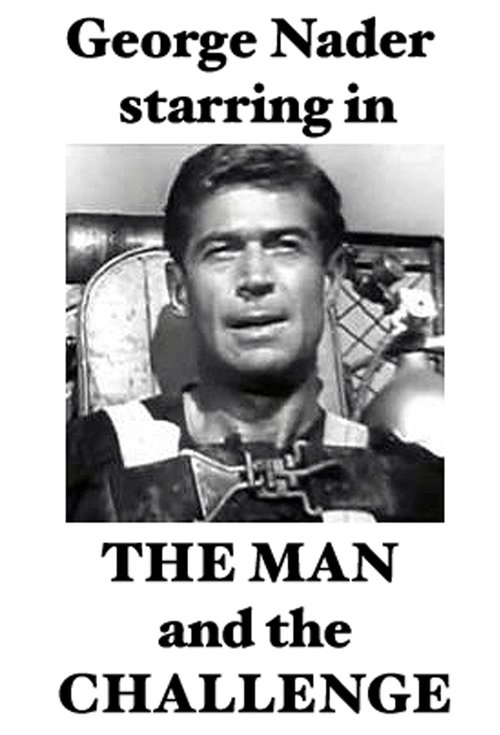 0
0The Man and the Challenge
The Man and the Challenge is a 36-segment half-hour television adventure/science fiction series which ran new episodes on NBC from September 12, 1959, to June 11, 1960. It starred George Nader as Dr. Glenn Barton, a research scientist for the Institute of Human Factors, an agency that conducted experiments designed to measure human endurance for the United States government. The series was produced by Ivan Tors. Nader's costars included Jack Ging as Dan Wright, Michael Masters as Bill Locke, the Canadian-born Joyce Meadows as Lynn Allen, and Michael Keith as Matt Adams. The episodes focused on various individuals setting world records of strength, endurance, and mastery of various difficult skills. The program also featured appearances by Bethel Leslie as Eleanor Beck in "The Early Warning", Ted Knight, as Dr. Herter in the episode "Daredevils", and Raymond Bailey, in the role of Dr. Kramer on the series opener "The Sphere of No Return". Joining Knight in that segment was Paul Burke.
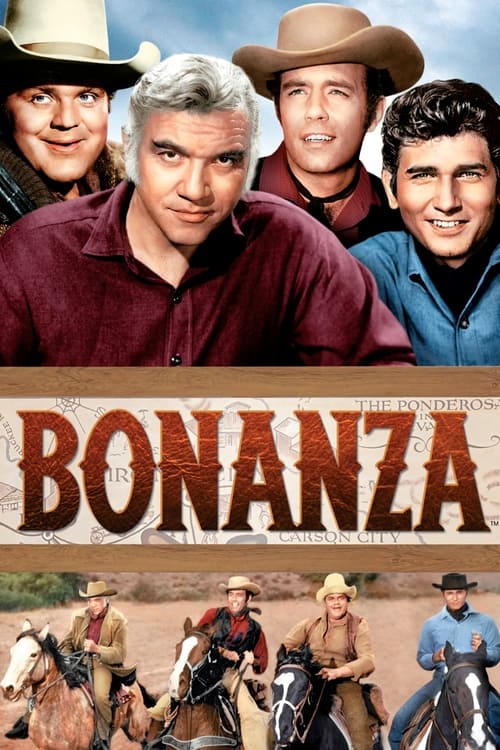
Bonanza
The High-Sierra adventures of Ben Cartwright and his sons as they run and defend their ranch while helping the surrounding community.
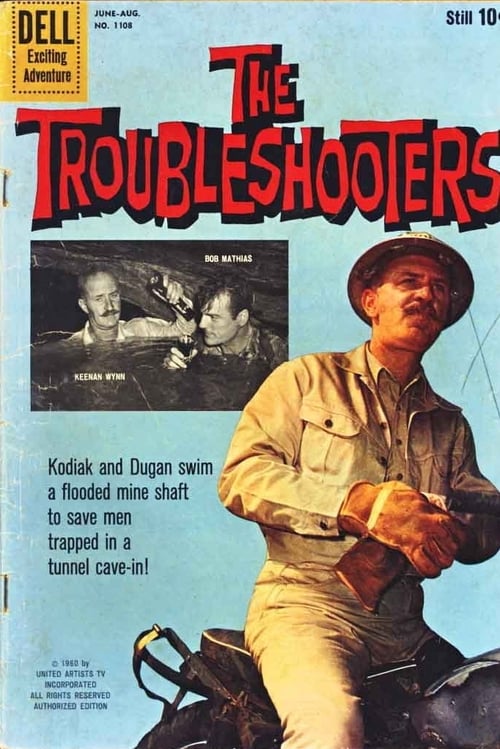 0
0The Troubleshooters
The Troubleshooters is an American 26-segment half-hour adventure series starring Keenan Wynn as Kodiak and Bob Mathias as Frank Dugan. The show aired on NBC Television from September 11, 1959, to April 10, 1960. Based on events at international construction sites, the program was directed by Robert Altman early in his career. It was the first TV series offered by United Artists. It starred Chet Allen as Slats, Roland "Bob" Harris as Jim, Bob Fortier as Scotty, and stunt actor Carey Loftin as Skinner. Forrest Compton also appeared in two episodes as Davis.
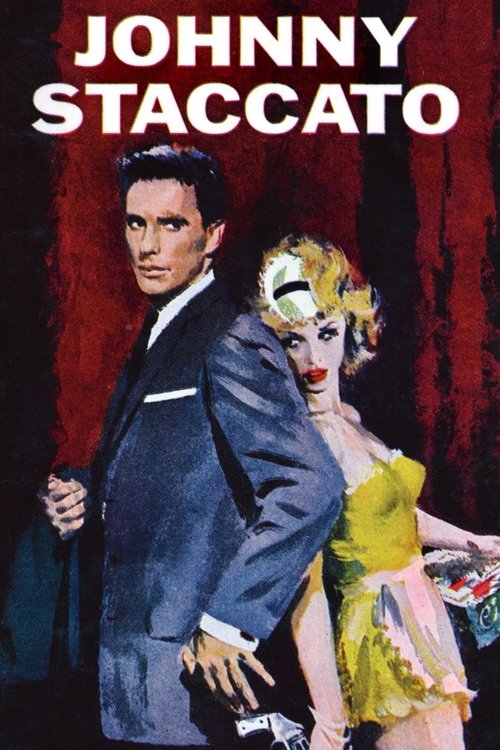
Johnny Staccato
Jazz pianist Johnny Staccato supplements his meager musician's income by working as a private detective. The background for many of the episodes is his friend "Waldo's" jazz club in New York City's Greenwich Village, featuring performances by the Pete Candoli jazz combo which included Barney Kessel, Shelly Manne, Red Mitchell, Red Norvo and Johnny Williams. The theme was composed by Elmer Bernstein.

Great Western Theater
Western Theater is an American western anthology that aired on NBC in the summer of 1959.
 0
0Too Young to Go Steady
Too Young to Go Steady was a live primetime sitcom that aired on NBC in 1959. It centered on the romantic awakening of Pamela Blake, a pretty 15-year-old girl struggling to make the transition from tomboy to young lady.
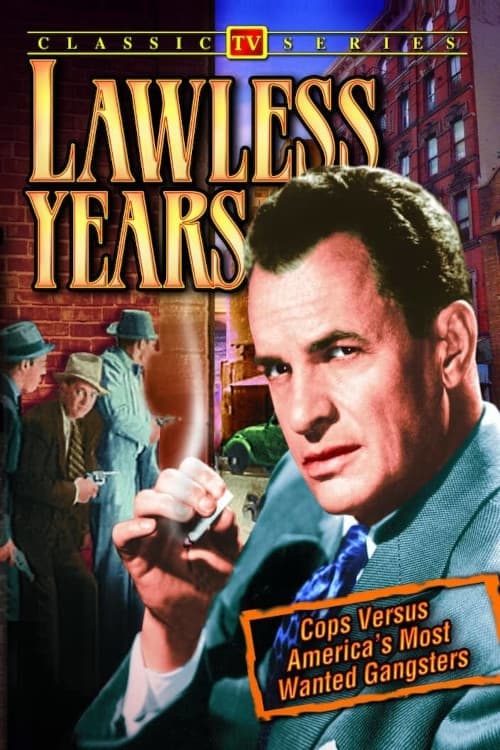
The Lawless Years
The Lawless Years is an American crime drama series that aired on NBC from April 16 1959, to September 22, 1961. The series is the first of its kind set set during the Roaring 20s, having predated ABC's far more successful The Untouchables by six months. The series stars James Gregory and Robert Karnes.
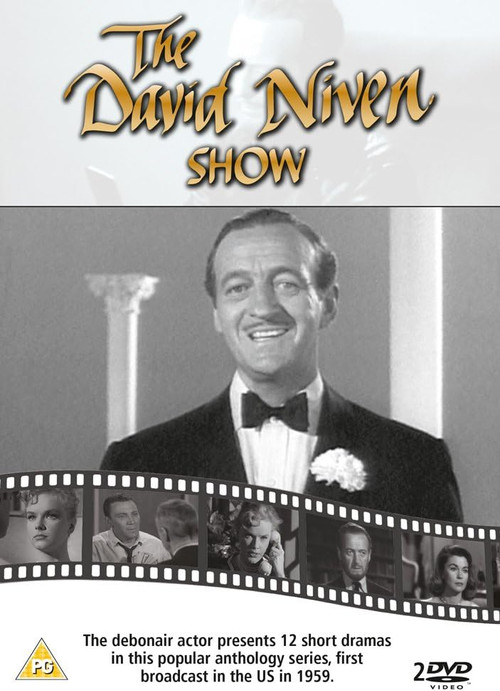 0
0The David Niven Show
The David Niven Show is an American anthology series that aired from April 7 until July 7, 1959.
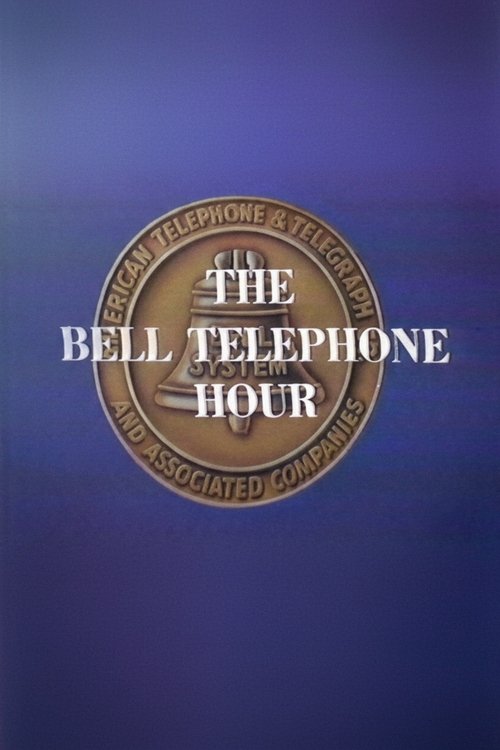
The Bell Telephone Hour
“The Bell Telephone Hour” was a musical variety show that aired on “NBC” TV from 12 January 1959 to 14 June 1968 that showcased the best in Broadway, Classical, Concert, Jazz and Popular music each week. The series had its’ own house band appropriately named the “Bell Telephone Orchestra”. The show also had its’ own theme song being the “Bell Waltz” composed by “Donald Voorhees” who was also the show's Orchestra conductor. Some of the greatest violinists of the 1960’s performed on this show that aired in the old “Black & White” format. Some of these great violinists included “Erica Mornin”, “Isaac Stern", "Michael Rabin", "Ruggiero Ricci", "Yehudi Menuhin" and "Zino Francesacatti". From time to time some of the great singers and bandleaders of the 1960’s would perform on the show as well. Some of these were “Bing Crosby”, “Gordon MacRae”, “John Gary”, “Leslie Uggams”, “Mary Martin”, “Nelson Eddy”, “Patti Page” and “Roy Rogers”. The TV show followed on the heels of its’ predecessor with the same name on “NBC” radio that aired from 29 April 1940 to 1958 on Monday nights at 8 PM. The name of the show was derived from its’ Major sponsor “Bell Telephone Laboratories”. The TV version began airing on Friday nights at 8:30 PM once a month. It later was given it’s same time slot now airing every other week alternating with another show on the other weeks such as News shows and specials. The show time slot changed quite often over the years. In September 1960 it aired at 9 PM and in September 1961 it moved to 9:30 PM. In October 1963 it moved to Tuesday nights at 10 PM, September 1965 it moved to Sunday night at 6:30 PM and in September 1967 it made its' final move back to Friday night at 10 PM.
 0
0Jackpot Bowling
Jackpot Bowling was a professional bowling show on NBC from January 9, 1959 to June 24, 1960 and again from September 19, 1960 to March 13, 1961. Jackpot Bowling was the first national TV bowling show since Bowling Headliners aired in the early days of television. Jackpot Bowling aired on Fridays at 10:45 PM following the Cavalcade of Sports Friday Night Fight. Leo Durocher was the show's first host, but bowed out after only two shows and was replaced by Mel Allen. Allen's lack of bowling knowledge made him an unpopular host, however. On April 10, 1959 Bud Palmer became the show's third host. Allen returned in October 1959 and remained with the show until April 1960, after which Palmer returned and hosted through June. The show was put on a brief hiatus after the June 24, 1960 episode, as its Cavalcade of Sports lead-in had ended its run on NBC. When it returned on September 19, 1960, a retooled version hit the airwaves; the series not only moved to Monday nights at 10:30, but Bayuk Cigars replaced Phillies Cigars as sponsor, the Hollywood Legion Lanes replaced Wayne, New Jersey's T-Bowl as the show's venue, and Milton Berle took over as host with Chick Hearn providing play-by-play. The show now ran 30 minutes, and the professional bowler challenges were supplemented with segments of celebrities being interviewed by Berle and then rolling a shot for charity.